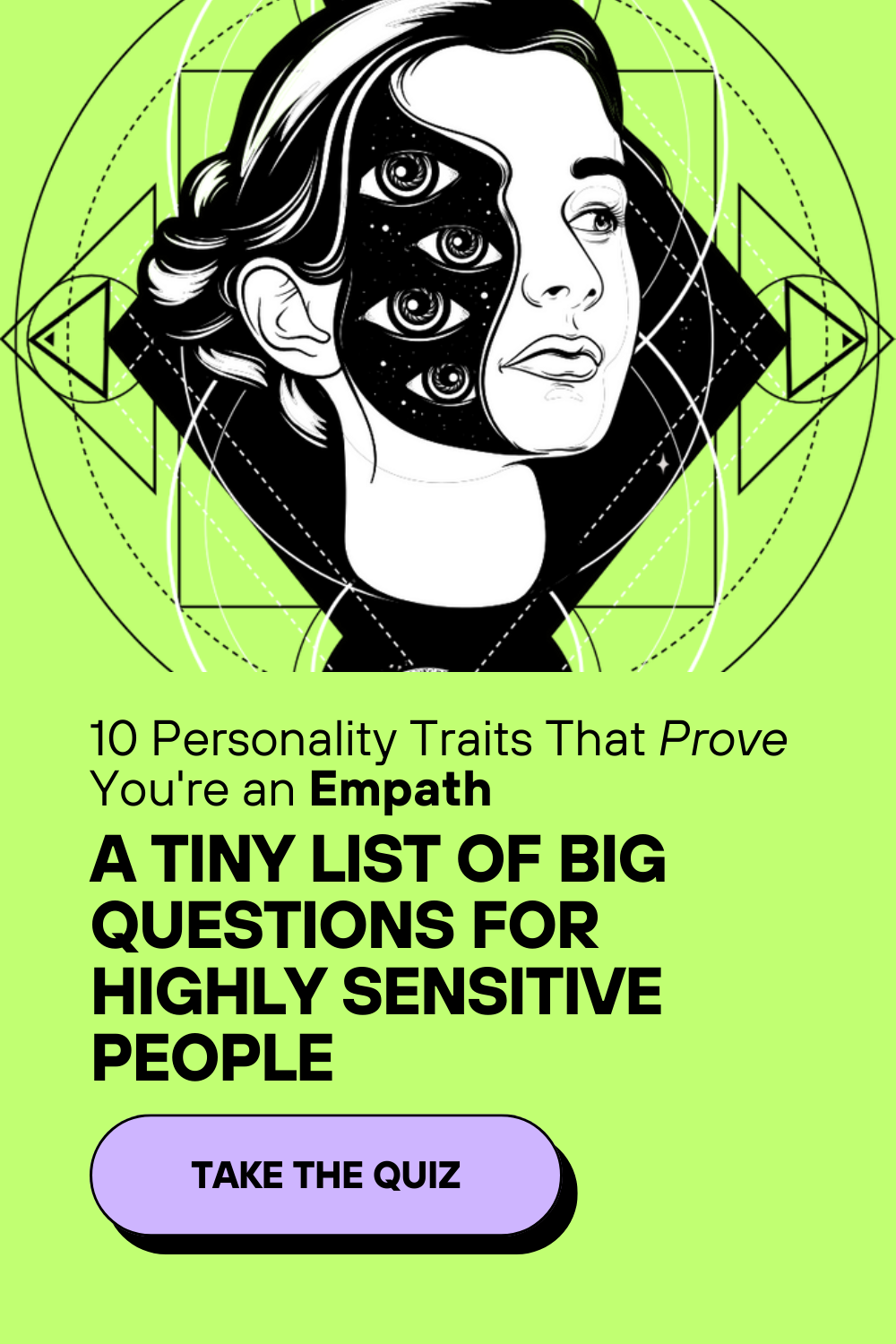 Here is a great article from the archives on Albert Einstein’s much contested interest in psychic phenomena, including (some say) Spiritualism and after life communication.
Here is a great article from the archives on Albert Einstein’s much contested interest in psychic phenomena, including (some say) Spiritualism and after life communication.
The truth is, from the vast majority of honest, ethical accounts of what the great scientist REALLY believed……(and his own words as well) Einstein believed in nature, and a sort of divine intelligence woven into the fabric of the cosmos itself. He referred to this as a belief in the “God of Spinoza”, after the famed scientist and Jewish philosopher Baruch Spinoza who had lived several centuries before him. (Spinoza seemed to believe that nature herself was alive with some sort of divine presence….and called himself “God intoxicated”, yet, he rejected the Abrahamic god of the Jewish Faith of his day, or any other biblical deity as well)
That said, Einstein was a close personal friend of famed journalist Upton Sinclair, who had written a ground breaking book on psychic abilities (called “Mental Radio”) and who himself had married a woman he believed could communicate with the dead. Einstein actually wrote the foreword to “Mental Radio” in which he testified to the sincerity and honesty of Sinclair and his mediumistic wife, although historians argue whether he did that to be polite and gracious to a good friend…or because he really believed in the idea that psychic abilities were possible, or that communicating with the dead was within the realm of his own world view.
Check out the fascinating article below for some really cool insight into psychics, spiritualism, science, and some of the super smart people who were debating this very thing 80 years ago as well! You can read the whole article at the link following the short excerpt below.
Einstein and Spiritualism (April 27, 1932)
Sir: … I have never met the young lady who gave a demonstration to Einstein, but I know that Einstein’s own statement, quoted by Mr. Grattan in The New Republic of March 9, is strictly scientific. Einstein says that she told him things which she could not possibly have known normally. Einstein is the only person who could have passed that judgment, and it seems to me that a man of his standing has a right to expect us to assume that he did not make the statement lightly or unthinkingly. If it was so, he knew it was so; then he had to choose between doing his duty as a scientist, or shrinking from the ridicule of those who are content to judge without investigating and who proceed upon the assumption that we know all there is to know about this universe, and that certain happenings are impossible because they are new and not understood.
Subscribe to our email newsletter to get the latest posts delivered right to your email.





Comments